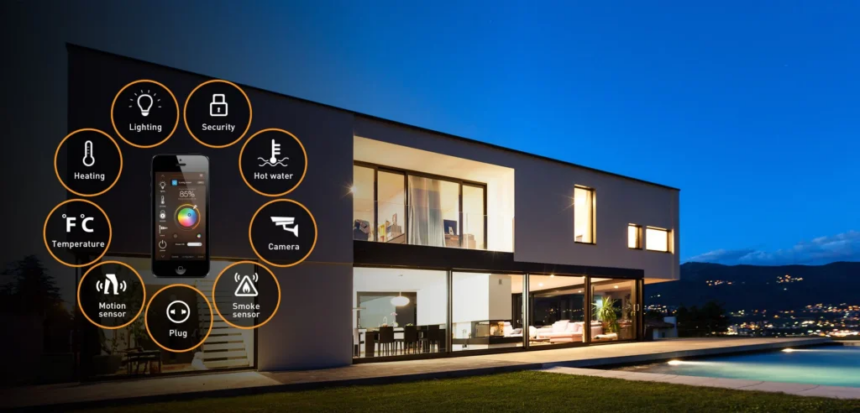In the quest for optimal home comfort and energy efficiency, climate control systems have undergone a remarkable evolution. From humble beginnings to cutting-edge smart technologies, these systems have continually adapted to meet the ever-changing needs of homeowners. This article traces the evolution of climate control system, highlighting key milestones and innovations that have shaped their development over the years.
Early Beginnings: From Simple Thermostats to Programmable Controls
Pioneering Efforts in Temperature Regulation
The history of climate control systems dates back to the invention of the thermostat in the 19th century. Early thermostats provided basic temperature control by activating heating or cooling systems when a certain threshold was reached. However, these systems lacked the sophistication and flexibility of modern climate control solutions.
Advancements in Automation: Introducing Smart Technology
Revolutionizing Home Comfort with Intelligent Systems
The emergence of smart technology has ushered in a new era of climate control systems, offering unprecedented levels of automation and customization. Smart thermostats, equipped with sensors and connectivity features, allow homeowners to remotely monitor and adjust their home’s temperature settings from anywhere using a smartphone or tablet.
Sustainable Solutions: Integrating Energy Efficiency Features
Prioritizing Environmental Responsibility
In response to growing concerns about energy consumption and environmental impact, modern climate control systems have embraced sustainable design principles. Features such as energy-saving modes, occupancy sensors, and adaptive algorithms enable these systems to optimize energy usage while minimizing waste.
Personalized Comfort: Tailoring Solutions to Individual Preferences
Customizing Climate Control for Every Home
One of the most significant advancements in climate control systems is the ability to customize settings based on individual preferences and lifestyle patterns. Whether it’s setting different temperatures for different rooms or creating personalized schedules, homeowners have greater control over their indoor environment than ever before.
Conclusion
The evolution of climate control system reflects a relentless pursuit of efficiency, comfort, and sustainability. From simple thermostats to sophisticated smart solutions, these systems have continuously evolved to meet the evolving needs of homeowners. As technology continues to advance, the future of climate control systems holds promise for even greater innovation and improvement.











